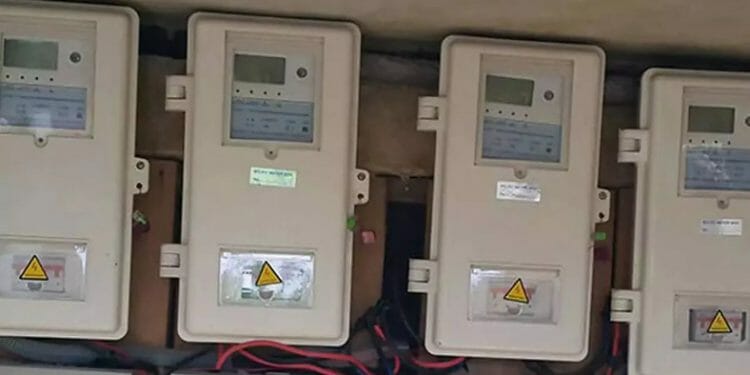- This figure rose steadily to 5,907,644 by Q1 2024, highlighting significant progress in metering over the five-year period
The number of metered electricity consumers in Nigeria grew by 48.5% between 2019 and the first quarter of 2024, according to data from the National Bureau of Statistics (NBS).
The analysis revealed that in 2019, metered consumers nationwide totaled 3,976,940. This figure rose steadily to 5,907,644 by Q1 2024, highlighting significant progress in metering over the five-year period.
The NBS data shows incremental growth, with metered users increasing to 4,138,043 in 2020, 4,773,217 in 2021, 5,125,009 in 2022, 5,605,842 in 2023, and finally 5,907,644 in early 2024. This represents annual growth rates of 4.1%, 15.4%, 7.4%, 9.4%, and 5.3%, respectively.
Experts see this growth as a positive sign for the electricity sector, reflecting a decline in the number of consumers subject to estimated billing, a practice that has long been criticized for its lack of transparency and fairness.
However, the NBS also reported an 11.6% rise in the number of consumers on estimated billing during the review period. The number of customers billed on estimates increased from 5,758,026 in 2019 to 6,426,355 in the first quarter of 2024, despite fluctuations, including a peak of 6,227,870 in 2020 and a dip to 5,741,365 in 2021.
The persistence of estimated billing continues to raise concerns about billing accuracy, highlighting the need for further expansion of metered connections.
The data also showed disparities among electricity distribution companies (DisCos). Ibadan Electricity Distribution Company recorded the highest number of customers on estimated billing at 1,411,102, while Eko Electricity Distribution Company had the lowest at 255,271.
Other DisCos reported significant numbers of unmetered customers, including Abuja (564,727), Benin (688,081), Enugu (765,662), Ikeja (219,632), Jos (495,449), Kaduna (639,395), Kano (465,048), Port Harcourt (231,384), and Yola (690,604).
Earlier this year, the Minister of Power, Adebayo Adelabu, pledged to significantly address the issue of estimated billing by the end of 2024. During a visit to power facilities in Ibadan, he stressed the importance of collaboration with stakeholders to tackle challenges in the sector, especially the metering gap, which currently leaves around 50% of consumers unmetered.
“Citizens are tired of estimated billing because it often leads to cheating between consumers, staff, and the company,” Adelabu said. “Before the end of this year, we aim to eliminate estimated billing, ensuring transparency and objectivity in our billing system.”
